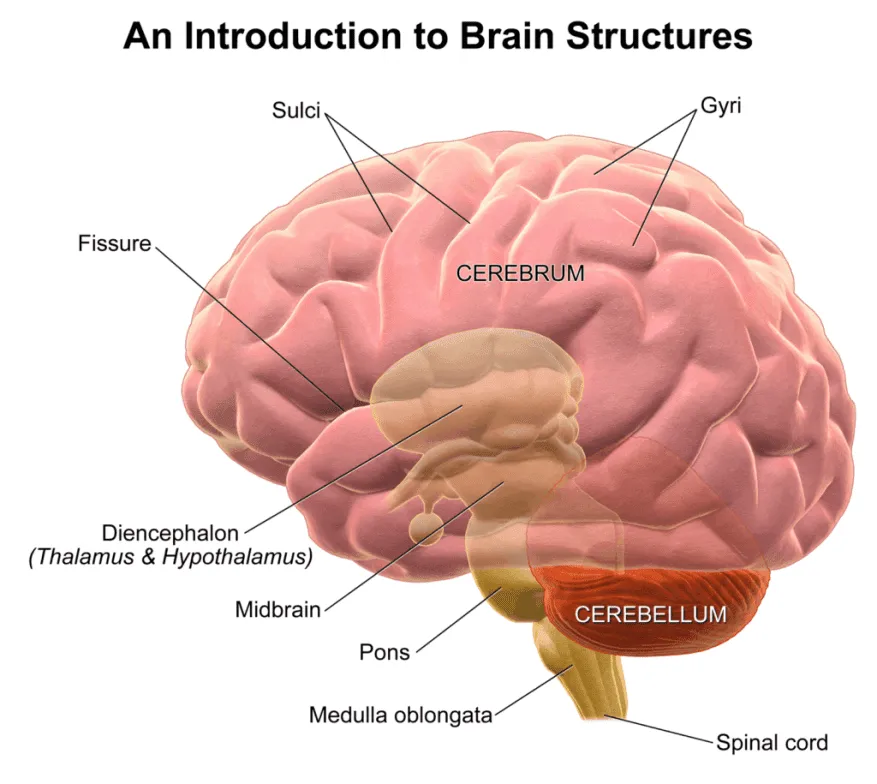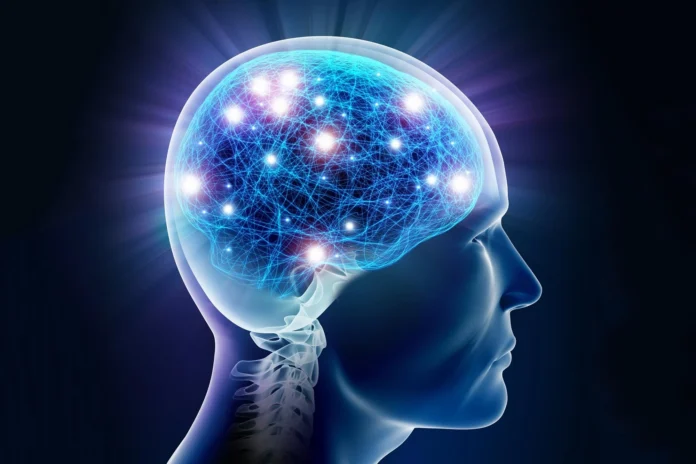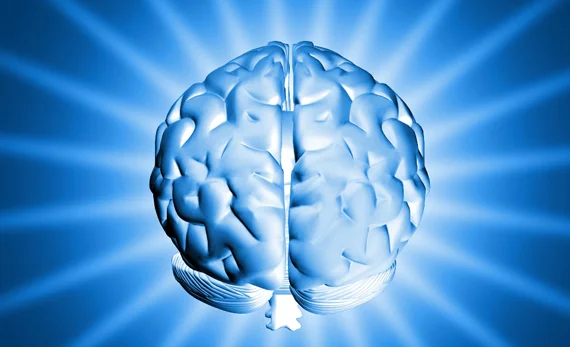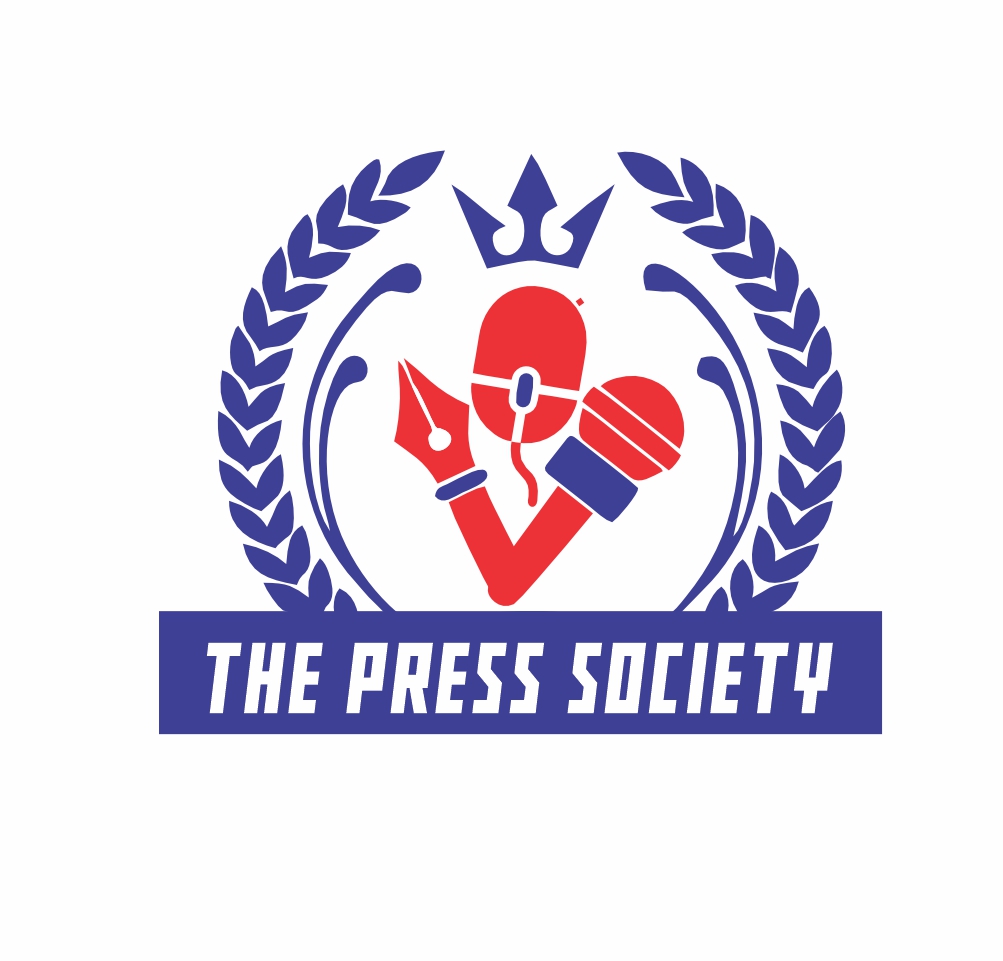 We’ve all been there—nose buried in textbooks, highlighters bleeding yellow across pages, convinced we’re absorbing knowledge like sponges. Only to discover, days later, that our minds have retained barely a whisper of what we “learned.” The uncomfortable truth? Traditional reading is one of the least effective ways to actually learn. Your brain doesn’t file away information simply because your eyes scanned it. Real learning—the sticky, transformative kind—only happens when you force your mind to retrieve information, not just receive it.
We’ve all been there—nose buried in textbooks, highlighters bleeding yellow across pages, convinced we’re absorbing knowledge like sponges. Only to discover, days later, that our minds have retained barely a whisper of what we “learned.” The uncomfortable truth? Traditional reading is one of the least effective ways to actually learn. Your brain doesn’t file away information simply because your eyes scanned it. Real learning—the sticky, transformative kind—only happens when you force your mind to retrieve information, not just receive it.
The Science Behind The Struggle
Neurologists call it the “illusion of competence”—that deceptive feeling of mastery we get from passive review. When we read or highlight, we’re merely moving information through our short-term memory like commuters passing through a train station. But true learning requires building permanent residences in our neural architecture. This construction only happens through active recall, the cognitive equivalent of strength training for your brain.
Every time you make yourself retrieve information—whether through self-quizzing, teaching concepts aloud, or summarizing from memory—you’re not just reviewing knowledge. You’re performing neurosurgery on your own mind, reinforcing synaptic pathways and cementing ideas into long-term storage. It’s the difference between watching someone lift weights and actually feeling the burn in your muscles.
The Recall Experiment You Can’t Unsee
Imagine reading a dense paragraph about quantum physics. You highlight key terms, maybe even re-read it twice. Now close the book. Can you explain the Heisenberg Uncertainty Principle in your own words? If not, you’ve just experienced passive learning’s fatal flaw.
Now try this: Read that same paragraph once, then immediately look away and scribble everything you remember on blank paper. Struggle through the gaps. Check back only after you’ve wrung your brain dry. That uncomfortable effort? That’s your neurons forging new connections. That’s actual learning.
From Cramming To Mastering: The Recall Lifestyle
For students, professionals, and lifelong learners, this isn’t just academic theory—it’s a productivity revolution. The implications are staggering:
-
Replace endless re-reading with structured self-quizzing
-
Swap highlighters for blank-page summarization exercises
-
Transform idle moments into micro-recall sessions (What were the 3 key points from yesterday’s meeting?)
-
Teach concepts to imaginary students—the act of verbalizing forces crystal-clear understanding
The most successful learners aren’t those with the most hours logged, but those who engineer the most retrieval opportunities. They understand that knowledge isn’t possessed until it can be spontaneously recalled—not just recognized when seen.
The Future of Learning Is Active
As education science evolves, institutions from medical schools to corporate trainers are abandoning passive methods for active recall systems. Spaced repetition apps, flashcard algorithms, and challenge-based learning platforms all leverage this same neurological principle: What fires together, wires together—but only if you keep firing.
The next time you’re tempted to marathon-read a textbook or binge-watch tutorials, pause. Ask yourself: Am I collecting information or constructing understanding? Then put down the highlighter, close the book, and start recalling. Your brain—and your future self—will know the difference.






